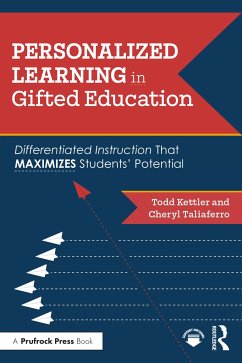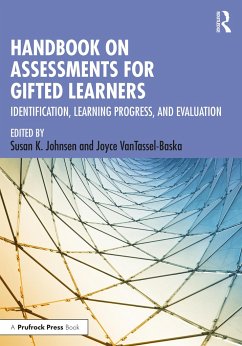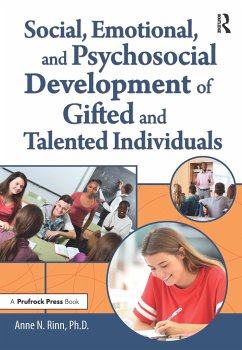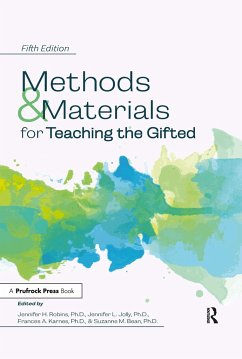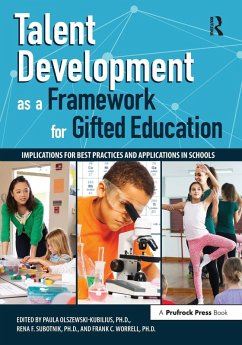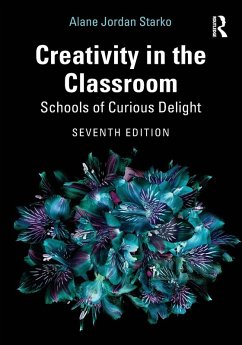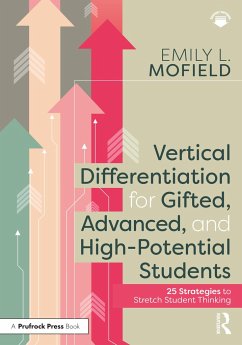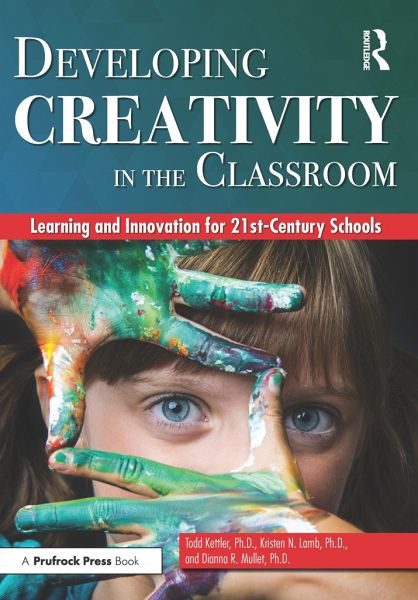
Developing Creativity in the Classroom
Learning and Innovation for 21st-Century Schools
Versandkostenfrei!
Versandfertig in 2-4 Wochen
48,99 €
inkl. MwSt.
Weitere Ausgaben:

PAYBACK Punkte
24 °P sammeln!
Developing Creativity in the Classroom applies the most current theory and research on creativity to support the design of teaching and learning. Creative thinking and problem solving are at the heart of learning and application as students prepare for innovation-driven careers. This text debunks myths about creativity and teaching and, instead, illustrates productive conceptions of creative thinking and innovation, including a constructivist learning approach in which creative thinking enhances and strengthens conceptual understanding of the curriculum. Through models of teaching that support...
Developing Creativity in the Classroom applies the most current theory and research on creativity to support the design of teaching and learning. Creative thinking and problem solving are at the heart of learning and application as students prepare for innovation-driven careers. This text debunks myths about creativity and teaching and, instead, illustrates productive conceptions of creative thinking and innovation, including a constructivist learning approach in which creative thinking enhances and strengthens conceptual understanding of the curriculum. Through models of teaching that support creativity and problem solving, this book extends the idea of a creative pedagogy to the four core curriculum domains. Developing Creativity in the Classroom focuses on explanations and examples of how creative thinking and deep learning merge to support engaging learning environments, rising to the challenge of developing 21st-century competencies.
Dieser Artikel kann nur an eine deutsche Lieferadresse ausgeliefert werden.





